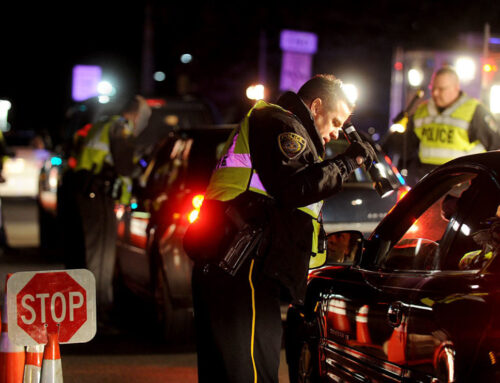By Adam D. Schmaelzle, Esq.
In 2012 the state Senate passed a bill in Massachusetts known as “The Valor Act” which extended benefits and services that were available to veterans and active military members. One year later, another bill known as “The Valor Act II” was passed, which expanded on the benefits from the previous bill. Then on April 3, 2014, many of the provisions regarding veterans were revisited, including one that aimed to lower the cost of living adjustments to retired vets. That piece of legislation was fortunately shut down while several other provisions were adjusted and approved. Those amendments are known as “AN ACT RELATIVE TO VETERANS’ ALLOWANCES, LABOR, OUTREACH AND RECOGNITION” and can be found under Massachusetts Session Laws Chapter 62 (Link Below). 
Contained within the 2012 version of The Valor Act was an amendment to M.G.L Ch. 276 under Title II: Proceedings in Criminal Cases. This chapter deals with pretrial diversion of selected offenders. It is essentially a list of individuals who MAY qualify under certain circumstances for diversion to a treatment program as opposed to being held in jail. That 2012 amendment added veterans or active service members to the list if they qualify.
Today, the Valor Act is mentioned in District Court to refer to M.G.L. Chapter 276A sections 10 and 11 (Link Below). It is used like this; when a probation officer is doing an initial interview of a criminal defendant, they are required to use their best efforts to determine if that defendant is an active military member, veteran or someone with a military history.
If that person fits the bill, the Court will have jurisdiction to order the defendant to participate in a program as opposed to serving a term of imprisonment. To qualify, the charges must carry with it the possibility of imprisonment, the defendant must not have any pending warrants, continuances, appeals or open criminal cases and the defendant must not have been convicted of any crimes after they turned 18 (aside from minor traffic offenses). Furthermore, if that person qualifies for all-of-the-above, they will be entitled to a 14-day continuance to get assessed by either the US Department of Veteran Affairs, The Department of Veteran Services (a department which requires certain members of it’s commission to be combat veterans themselves), the Department of Veterans or another State or Federal agency with “suitable knowledge and experience” of veteran affairs. If it is suggested after an assessment that the defendant has a mental illness (including post-traumatic stress disorder), a written report along with recommendations will be provided to the court for its consideration. As a practical note to attorneys, a court may grant the 14-day extension even if the defendant does not qualify for diversion. This means that even if the Defendant has a prior conviction or a pending matter, it may be worth raising the argument for your client, especially if the new charges violate the defendant’s probation. Finally, it is important to remember that a defendant MUST notify the court of his or her intention to raise the 14-day continuance at the arraignment, otherwise it may not be granted, which happens far too often.
If you have any questions, or feel as though a mistake was made, please feel free to contact Attorney Adam D. Schmaelzle at 774-314-9124.
Links:
1. Massachusetts Session Laws Chapter 62






